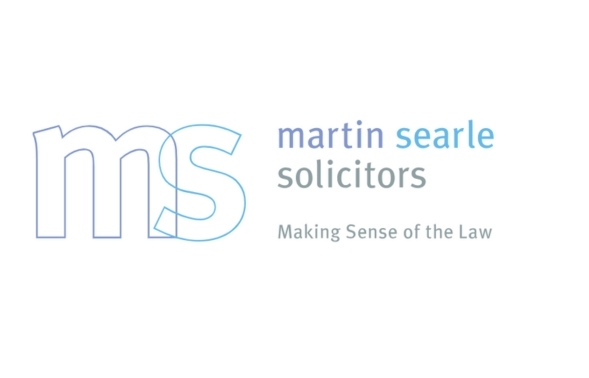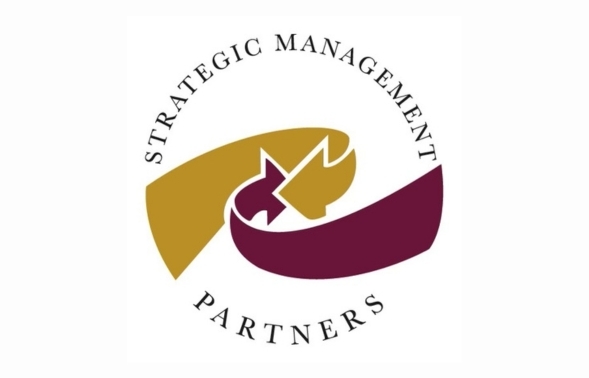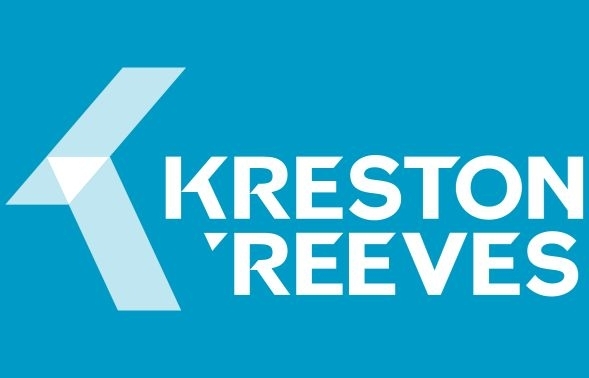The customer is always right. That is the long held ethos of many businesses, in a bid to build consumer loyalty and drive revenue growth. In recent years, however, consumers’ expectations of businesses have gone beyond the price and quality of the products on shelves. Now, many consumers seek out businesses that can actively demonstrate strong social and ethical values.
Businesses have begun to use various methods to align their values with that of the general public, a popular method being certified as a B Corporation (B Corp). Since the first business achieved B Corp Certification in 2007, over 7,000 B Corps have been certified worldwide, representing roughly 670,000 employees in over 92 countries and more than 161 different industries.
So, what is a B Corp, and how can a company become B Corp certified?
What is a B Corp?
A B Corp is a company that has been externally accredited by non-profit organisation, B Lab UK.
By having B Corp certification, a company is demonstrating that it is committed to achieving high social and environmental performance, it accepts legal accountability and it exhibits transparency with the results of its commitments.
Legal accountability is often recognised as one of the highest standards of social corporate responsibility. A company seeking B Corp certification must agree to adopt stakeholder governance commitments, as opposed to just shareholder primacy, and this may require changes to be made to the constitution of the company.
Stakeholder governance focuses on benefiting other stakeholders who may be impacted by the business. For example, the workers, customers, suppliers, community, and the environment. Shareholder primacy, on the other hand, focuses on the maximisation of profits and increasing equity value for shareholders.
Essentially, companies with B Corp status aim to find a better balance between people, the planet and profit.
What does B Corp status entail?
There are multiple steps in a company becoming B Corp certified. In summary, these include:
- completing the B Impact Assessment with a score of 80 or above;
- passing the B Corp risk review;
- meeting the B Corp legal requirement;
- exhibiting transparency by allowing the performance of the business to be publicly available; and
- updating the B Impact Assessment every three years.
How can PDT help?
In order to achieve B Corp status, a company must meet the standard of legal accountability. As mentioned above, this is likely to require a review of the company’s constitution (being its Articles of Association) and adopting into its constitution specific wording prescribed by B Lab UK. It is important to note that B Lab UK expects this wording to be included without amendment to demonstrate the Company’s commitment to the “triple bottom line” of people, the planet and profit.
To meet the standard of legal accountability the constitution of a company seeking B Corp status will need to contain the following:
Objects: the objects of the company must be broadly defined as being to promote the success of the company for the benefit of its members as a whole and to have a material positive impact on society and the environment through its business and operations.
Stakeholder interests: there must be a stated commitment that the directors will act in good faith to promote the success of the company while having regard to stakeholder interests without considering the benefit of any particular stakeholder interest as more important than another.
Annual report: there must be an obligation on the company to produce an annual impact report to accompany its annual accounts which sets out an analysis of the impact the company’s business has had over the year.
The effect of the above is to hard-wire into the fabric of the company an ethos that does not place the interests of shareholders ahead of other interests. This is because change to B Corp status redefines what is meant by “success”. The impact of decisions made by the board of directors on employees, society and the environment must be given equal weight alongside the interests of other stakeholders. In other words, the company’s mission is more holistic and not just focused on the interests of shareholders.
Next Steps
PDT are experienced in guiding clients through the B Corp legal requirement and the steps required to update the Company’s constitution.
If you are considering applying for B Corp status and would like assistance with meeting the legal requirements or are interested in learning more about B Corp status, please contact Sian Webber or Noel Ruddy.
















